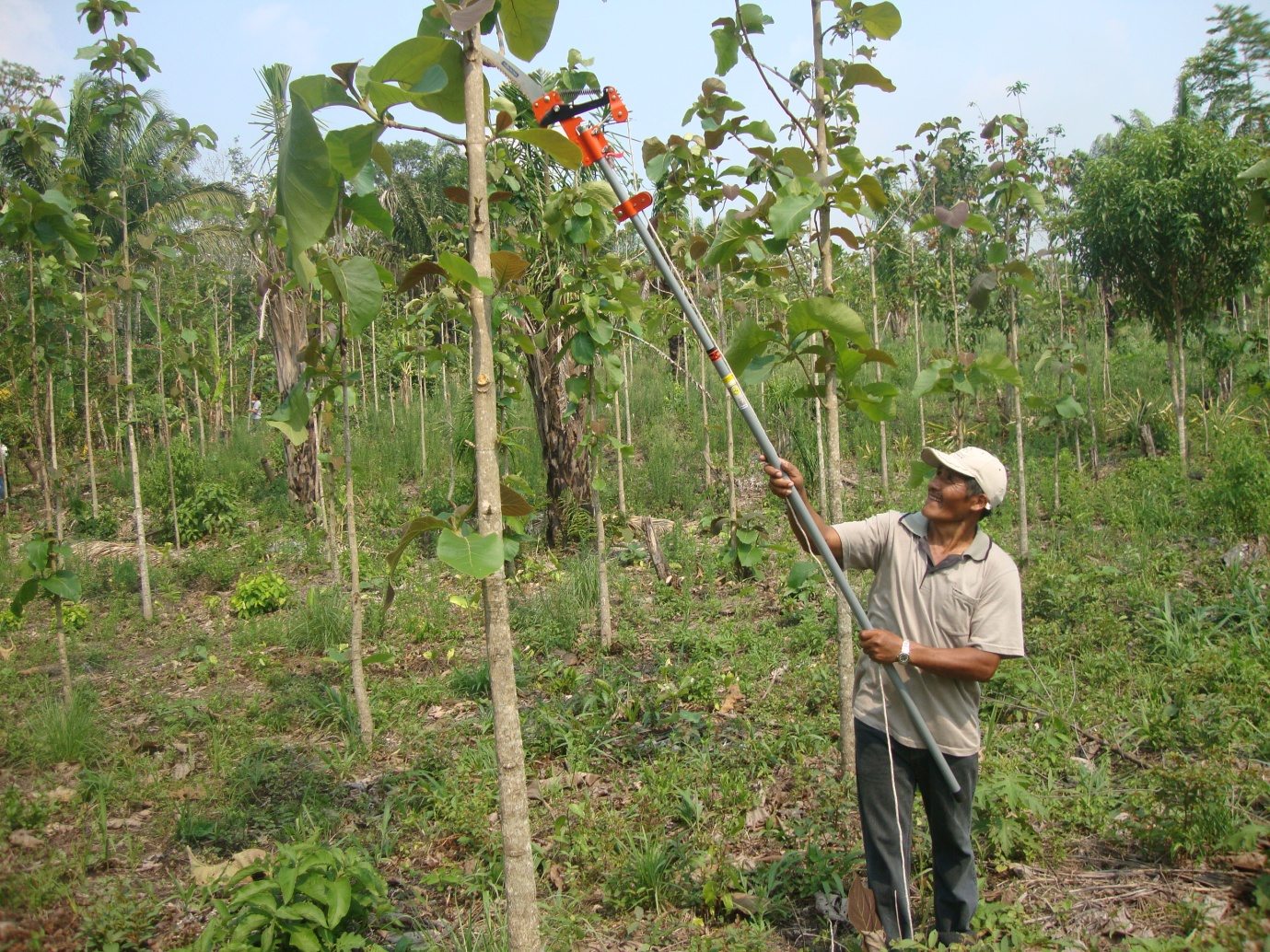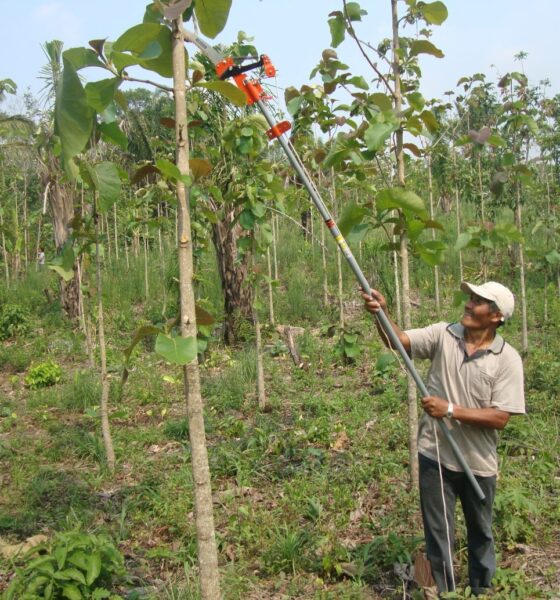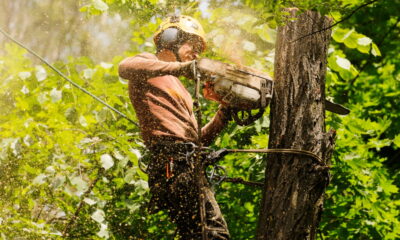

Environment
Green and gullible: how tree investment schemes aren’t always what they seem
If it’s too good to be true, it probably is. Many people seem to forget this maxim when investing. In recent years, there has been a spate of unregulated ‘green’ investment schemes. These ‘guarantee’ returns of 13% per annum or more, and claim to save the planet, but how true is this?
Most tree investment schemes involve investing in newly-planted trees in the tropics. In return for handing over a large sum of money, you get the right to sell the thinnings and mature timber, with maintenance costs being deducted from your investment.
But ask yourself a few questions: what happens if the company looking after your trees goes bust? How do you know if they are doing a good job? How will you actually sell the trees? Can you trust the management company? Most operators offer to show you around the plantation, but how many people actually travel to Sri Lanka or Panama, and in any case, would you know what to look for?
And what of the projected returns? Some of the schemes quote annualised returns based on flat (not compound) returns over a 20-year period. This makes a huge difference, as does the assumed rate of inflation on timber revenues. Furthermore, is the ‘guarantee’ worth anything and are you paying over the odds in the first place?
Nor are concerns limited to financial ones. Most tree plantations grow monotonous ‘green deserts’ of teak, bamboo, eucalyptus or acacia. These are poor in biodiversity, are vulnerable to disease and lacking in external environmental accreditation. Although they may provide jobs or even fund a school or health clinic, they perpetuate the economic dependence that keeps people poor. The vast majority of profits leave the country where the trees are grown and the land is owned by foreigners. This hardly seems like a sustainable model of forestry.
In the Netherlands, things got so bad that the government decided to act and regulated the whole sector. Yet investing in trees can be good for the planet, good for investors and good for poor people.
We set up the Cochabamba Project to fund a pioneering project in Bolivia that is nothing like the typical plantation forestry investment. Here’s why:
1. Timber profits are shared equally between the project (that supplies capital and knowhow) and the farmers (who own the land and look after the trees)
2. The project secures better prices for farmers and gives them a voice
3. Projected returns are based on conservative assumptions based on the consensus of expert opinion and the return to investors is modest
4. We are honest and clear about the risks
5. The Cochabamba Project is a co-operative of 500 members, not a get-rich-quick scheme
6. Many different native hardwood species are mixed with food crops, coffee and cocoa to create a biodiverse ecosystem
7. The project has been externally validated for its social and environmental credentials to the very highest standards
And finally, we are proud of the project and this September we are taking our second group of people to see the project in action. Why not join us on the trip? Or else download our share prospectus for all the details.
John Fleetwood is a director of the Cochabamba Project. For more details on how to invest or visit the project, see www.cochabamba.coop or call David Vincent on 0114 236 8168.
In accordance with the Financial Services and Markets Act 2000, Blue & Green Communications Limited does not provide regulated investment services of any kind, and is not authorised to do so. Nothing in this article and all parts herein constitute or should be deemed to constitute advice, recommendation, or invitation or inducement to buy, sell, subscribe for or underwrite any investment of any kind. Any specific investment-related queries or concerns should be directed to a fully qualified financial adviser.
Further reading:
An investment you can touch beats dealing with pure numbers
ArBolivia: a co-operative investment in the Amazon rainforest
Financial value of carbon in world’s forests may be underestimated by £481bn
Global Forest Watch: Deforestation tool launched ‘to change how businesses manage forests’


 Environment12 months ago
Environment12 months agoAre Polymer Banknotes: an Eco-Friendly Trend or a Groundswell?

 Features11 months ago
Features11 months agoEco-Friendly Cryptocurrencies: Sustainable Investment Choices

 Features12 months ago
Features12 months agoEco-Friendly Crypto Traders Must Find the Right Exchange

 Energy11 months ago
Energy11 months agoThe Growing Role of Solar Panels in Ireland’s Energy Future




























